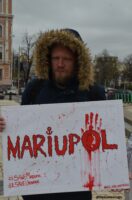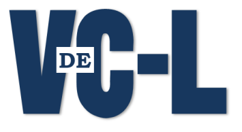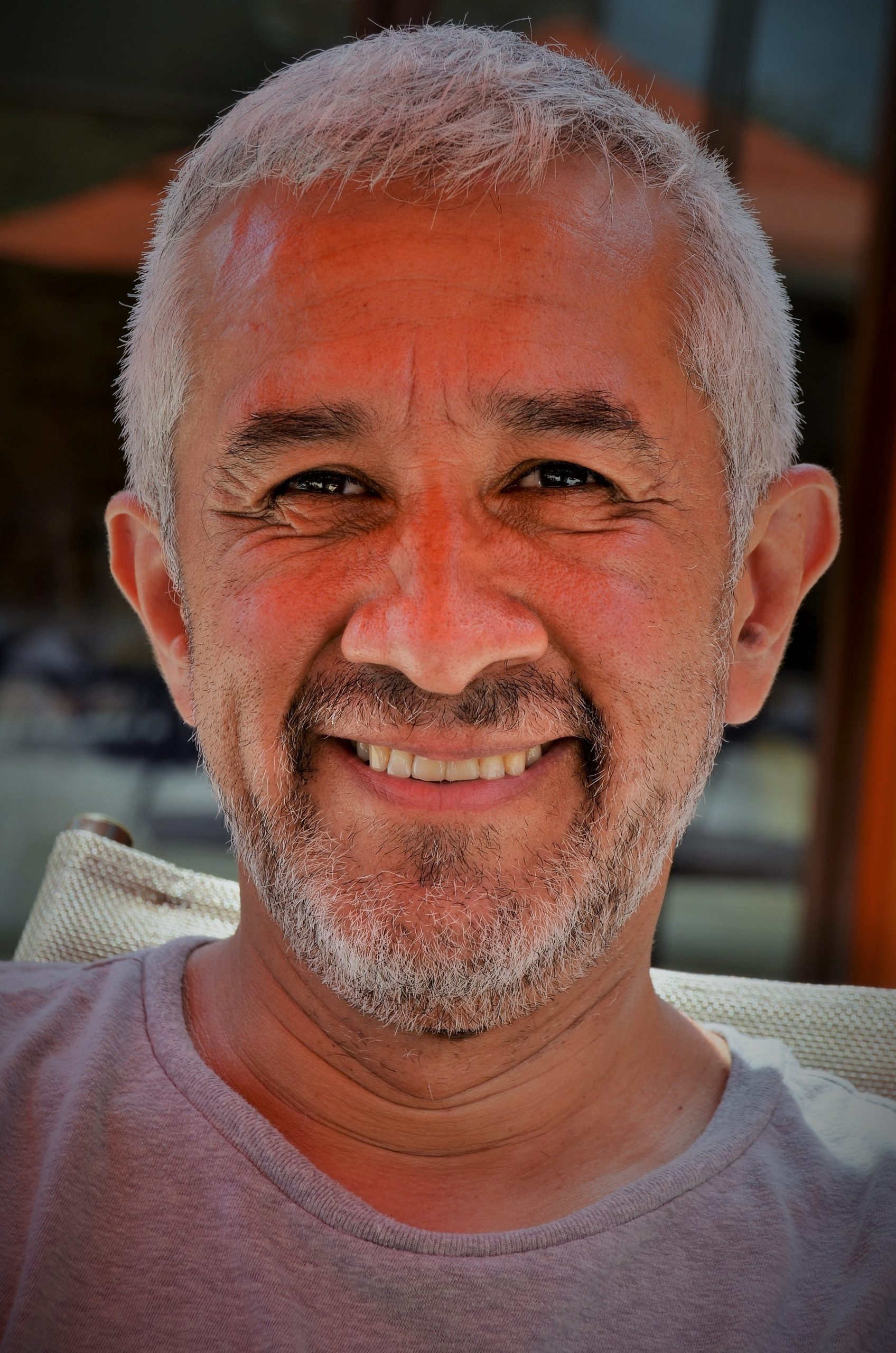Víctor de Currea-Lugo | April 25, 2022
Many of us have confused our words between Switzerland and Sweden or Lebanon and Libya. Some people, when meaning Russia, end up mentioning the Soviet Union. The problem comes when one truly equates them.
Now, in the setting of the Ukraine war, many people interviewed here associate Putin’s name with the era when Ukraine formed part of the Soviet Union. Well, he was a KGB agent and a spy in Dresden, Germany, when the iron curtain was not a historical memory but a reality.
Others mention Russian arrogance towards its neighbours, something which does not date from the soviet era but from much before that, when tsars and emperors were creating that large region of the world called Russia. The problem is when political commentators and opinion formers make the same slip over and over again.
I reiterate my rejection of russophobia, which I have already articulated extensively. But the other side of the coin is a russophilism which borders on a total lack of criticism. It is like the fruit of a nostalgia for Lenin and his institutions, a very severe “childhood disease of putinism in twenty-first century communism”.
 Vladimir Putin is not a communist, nor is Russia socialist, as simple and direct as that.
Vladimir Putin is not a communist, nor is Russia socialist, as simple and direct as that.
Putin himself partly blamed Lenin for this war, for having incorporated Russian-speaking territories into the eastern part of present-day Ukraine. No, Putin is not the incarnation of Lenin and, even if he were, it would not put him beyond criticism nor would it turn him into the story’s good guy.
Moreover, the political direction and economic model of today’s Russia are not those of the former Soviet Union.
This is not a war between two economic models, it is a new episode of an imperial dispute in which, even, Ukraine is just another piece, a fuse that can be burnt if necessary, horrible as that sounds.
What is more, I do not even understand the sacralisation of the former Soviet Union, much less that of today’s Russia. In other words, if Mr Vladimir Putin cannot be questioned, what could be said about Stalin other than praise?
If any questioning of Putin is taken as firm support for NATO, a betrayal, a denial of history, a sacrilege, I do not want to imagine what they would be capable of doing to the famous and respected Frankfurt School that tried to critique the socialist experience of the twentieth century.
I think it is not the Russian mafia, very involved in political power, the paradigm of the left that now defends Putin. To summarise, comparing Russia to the Soviet Union, either to attack it or to defend it, remains a gross error.
 To those people who still have doubts, I invite them to look at the recent history of Chechnya and the treatment received from Putin, along with Russia’s role in the Syrian war. With respect to the governance model I quote Carlos Taibo, one of the best scholars on Eastern Europe: “n 2000, and according to the attorney general of the Russian state, the mafia controlled 50 per cent of the banks and 40 percent of private companies, and laundered abroad no less than 150 billion dollars annually.”
To those people who still have doubts, I invite them to look at the recent history of Chechnya and the treatment received from Putin, along with Russia’s role in the Syrian war. With respect to the governance model I quote Carlos Taibo, one of the best scholars on Eastern Europe: “n 2000, and according to the attorney general of the Russian state, the mafia controlled 50 per cent of the banks and 40 percent of private companies, and laundered abroad no less than 150 billion dollars annually.”
There is a sentence about which I have qualms, about one’s own privileges and the rights of others, but it works as a formula: don’t let your nostalgia for the Soviet Union cloud your understanding.
There are those who read these columns written from Ukraine hoping that the author will only confirm their prejudices. And if that doesn’t happen, the author is a deranged liar in the service of imperialism. What fanaticism!
P.S. It cannot be deduced from the above, then, that all criticisms of Volodymyr Zelensky’s government are automatically lies.
(Translated by Graham Douglas / The Prisma – Email: ondastropicais@protonmail.com)
Originally published in The Prisma










